This week, the school spoke with two Pao School alumni, to hear what they have been up to and to hear about their memories from Pao School.
Peter and Victoria, who both graduated in 2017, are studying at liberal arts colleges in the US.
Following three years at Pitzer College, California, Peter plans to transfer to NYU to learn
more about Financial Engineering as part of a 3+2 programme – the opportunity to study
at two colleges and gain two bachelor’s degrees over five years. Victoria will shortly graduate
from Reed College, Oregon, and hopes to study developmental psychology at a postgraduate level.

Victoria
Class of ‘17
Reed College
Liberal Arts Programme, with focus on Psychology

Peter
Class of ‘17
Pitzer College, plans to transfer to NYU
3+2 Programme, Liberal Arts and Financial Engineering
YK Pao [School] was arguably the happiest couple of years of my life.
——Peter
After sending his son to an International Middle School, Peter’s father was dissatisfied. He felt as though Peter
was talented in many areas, but that his school was not the right fit for Peter’s personality. And so,
he began to seek a school that nurtured his son, both academically and non-academically.
The solution to his search? Tricking Peter into unknowingly interviewing for transfer into Pao School, to avoid disappointment
if he failed. Peter laughs, “I didn’t know I was interviewing for school, I thought it was a competition.
But, after I got back from interviewing, I told my Mum, ‘What’s that school? I want to go to that school!”
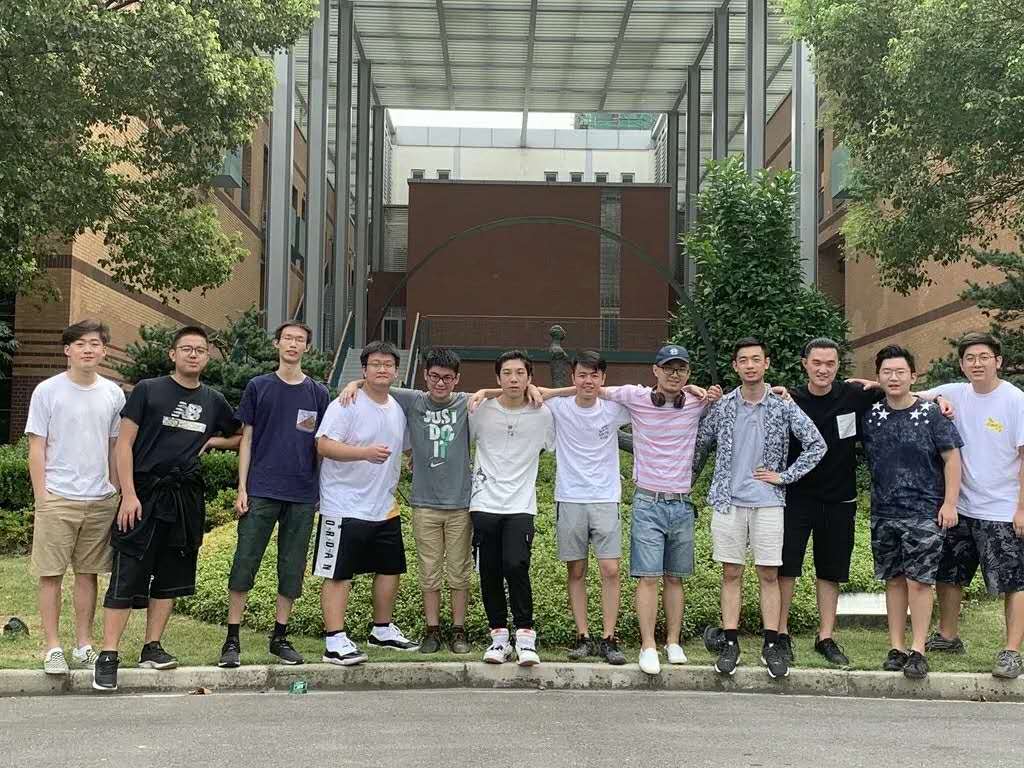
Peter and his fellow alumni reunite at Songjiang Campus
Luckily their gamble paid off, with Peter transferring into Year Seven at Pao School. Even at this age, he knew that he wanted to study something
to do with finance, having become interested in creating businesses early on. Sparking a flame that would grow further during his time at Songjiang,
he explains how he started his first business with his friends in Year Two, “I was really into Iron Man back then, so me and my friends started to
buy LED lights and then make Iron Man gloves that can shine, with a click. I found it fascinating, you can create something and then sell it for a profit.”
He donated these profits to student activities and bought books for the school’s book club.
Upon joining Pao School, Peter’s interest was further nurtured in class, and he notes how in his IB business management class they were not only
taught the curriculum, but also encouraged to use their skills in practice. Peter’s IB business management class was led by a teacher with
previous experience with HSBC, who shared his real-world views and advice – acting more as a practical trainer than a curriculum teacher. The
students did this by taking part in the Wharton Global High School Investment Competition, a competition between hundreds of high school teams
around the world investing in a simulation trading market. The team ranked highly, until they faced technical issues and a market crash.
Despite the fact the team did not win, Peter remembers the experience optimistically, “It’s not so much about winning, it’s about
the process of discovering a stock, knowing why it’s a good stock, creating your own portfolio…”
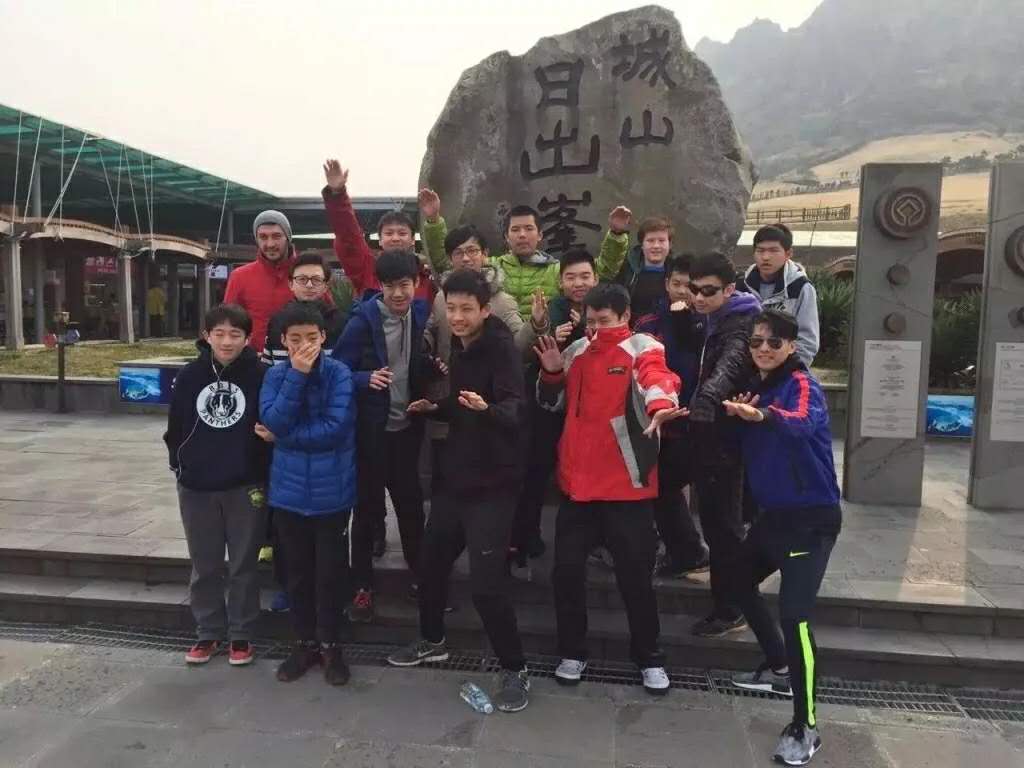
Peter and the Pao School football team on a school trip to Korea
This attitude has been carried forward into university – though he knew he wanted to study something related to finance, Peter also highly valued
the learning process. Hesitant to jump straight into specializing in finance, he chose to apply to liberal arts colleges to gain a more generalist education first,
after which he will transfer to NYU to study Financial Engineering. Location was also important to Peter, it was important for his colleges to be in
California and New York, so he could locate himself near Silicon Valley’s venture capitalists and the New York Stock Exchange in each college respectively.
I felt like I was capable of doing a lot of things which I never imagined myself to be doing before.
——Victoria
Like Peter, Victoria came to Pao School after finding herself unsuited to her old school and was attracted to Pao School’s whole person approach.
After frequently moving home as a youngster, she felt like her skills lagged behind her classmates, which gave her constant anxiety about falling behind in school.
Then, after transferring into Pao School in Year Six, Victoria found her place, saying ‘the first time I went there, I loved it’. However, unfamiliar with the English
language environment, for the first semester she struggled with language – she could understand people’s words, she knew what to say, but wasn’t confident enough
to speak. She says it wasn’t really until year seven, when she took Mr. Rotundo’s art and drama classes, that this started to change.
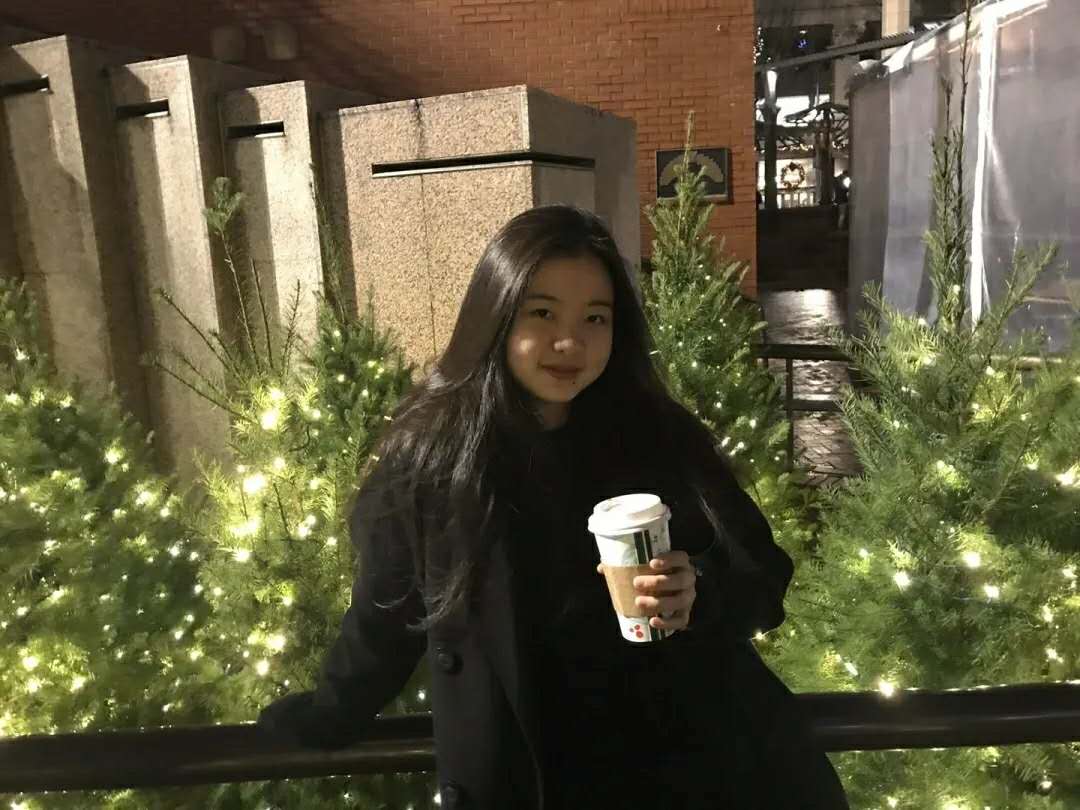
She had become increasingly involved in drama productions, learning to speak more under the encouragement of her teachers. Telling a story about
one of her productions, she explains a turning point for her English and her time at school. She recalls how there was some confusion with scheduling
for the play, the plan was for the group to perform for some visiting prospective parents – but the parents hadn’t been told about it! So, Victoria
and her castmates decided to go and recruit an audience, shouting out that they should get down to the auditorium. It was something she wouldn’t
have done years before, “It was really meaningful for me, because it was the first time I had been so extroverted and enthusiastic. Before, I was
more quiet, introverted - even when I would perform on stage, I would still be very conscious of other people around me. It was really the
first time I felt, ‘Oh, this is something I am really passionate about’.” She says.
But this confidence wasn’t easy to come by. Early on in her time at the school, she was lured into an audition for the Wizard of Oz by her love of drama.
As she thought the audition only involved reading lines, she balked when she was asked to sing a song. “I was too shy to say anything, and I didn’t perform.
I just left. I was really interested in doing that production, but I didn’t end up involved because I was really embarrassed.” She reminisces.
Despite feeling nervous at first, Victoria continued to be active with drama and eventually directed her own production called
’Eleven Angry Women’ in Year 12. The production was adapted from the 1954 play ‘12 Angry Men’ and had an all-female cast.
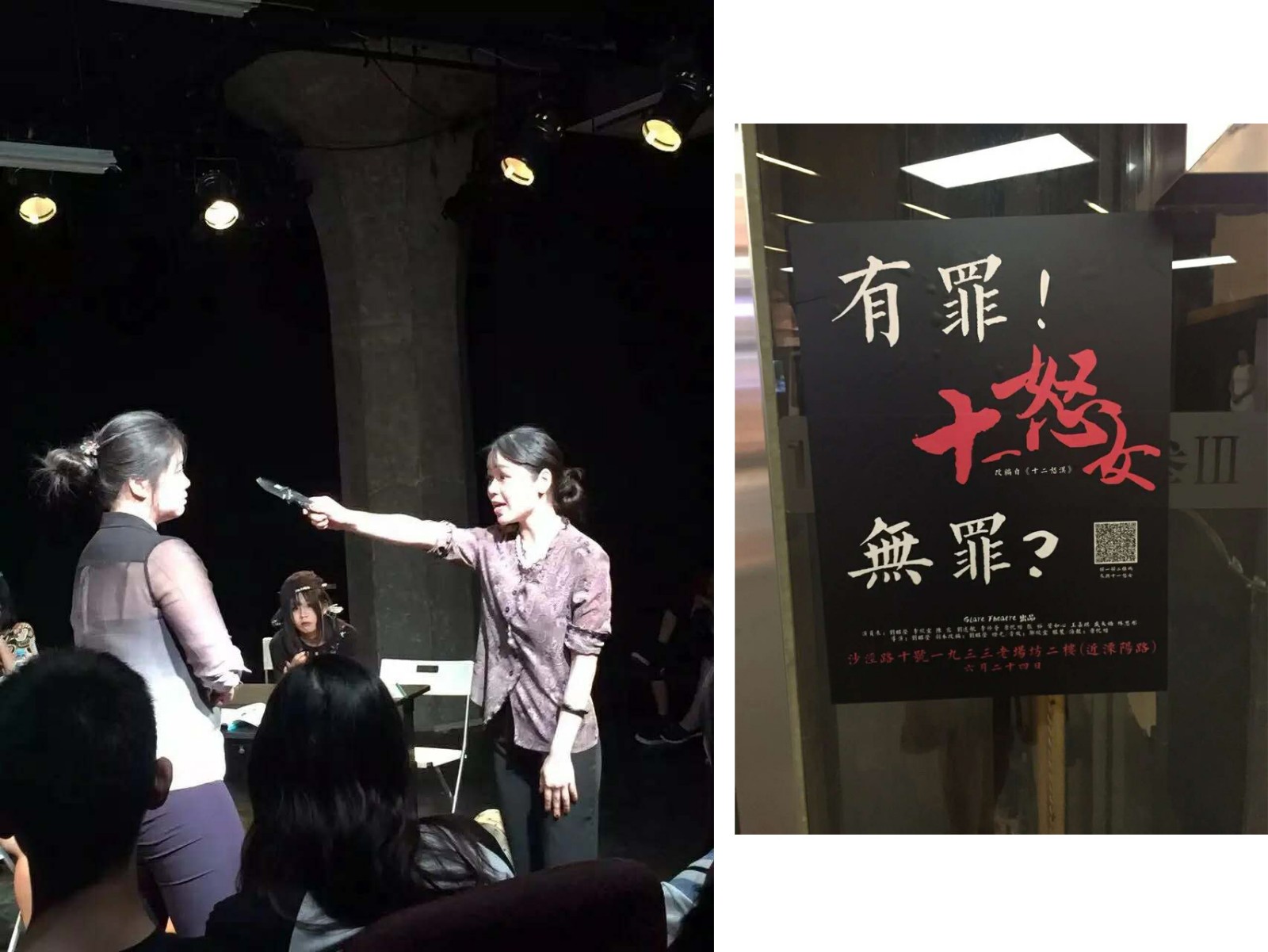
Victoria directed an all-female adaption of the play '12 Angry Men'
It was this journey of transformation at Pao School that left Victoria with an interest in developmental psychology. Nowadays, she reflects on
these experiences, and wants to better understand how to help children and adolescents during this vulnerable time in their lives.
A well-rounded experience
Liberal Arts colleges don’t give you a map, they give you the ability to create a map.
——Peter

Peter taking an outside photography class
Influenced by these experiences at Pao School, when they went in search for a college Peter and Victoria had a number of provisions.
They wanted to replicate Pao School’s close-knit community, variety in course selection and educational approach. Quickly finding
that Liberal Art Colleges fit the bill, they both applied to various institutional across America.
Liberal Arts colleges are best known for their generalist approach to education, and – rather than specializing in a topic – the aim is to
study broadly across multiple disciplines. The focus is on developing students’ ability to learn, rather than focusing on content learning.
Aiming to create adaptable, problem-solving graduates – with the ability to pull from knowledge across multiple subject areas.
Peter attends Pitzer College, a college that requires students to study across many different disciplines. This variety was a quality that
greatly interested Peter during his time choosing university and is reminiscent of Pao School’s whole person education philosophy.
Since joining the college, Peter has been able to take part in a diverse range of classes, including Japanese, Financial Derivatives,
Mechanical Engineering, Political Science and Environmental Science.
The desire to seek a broader education also stretched outside the classroom. When Peter began studying at Pitzer he even participated
in around 20 clubs – including film club, ballroom dancing, and makers club! Today, he primarily works with many different groups and
societies to help fundraise for their groups. Alongside dashing from club to club, Peter is also busy making various business plans,
such as using recycled waste food to create special t-shirt dye.
I really enjoyed my study at Pao School, the balance I had and the ability to choose the things I learn is important to me.
——Victoria
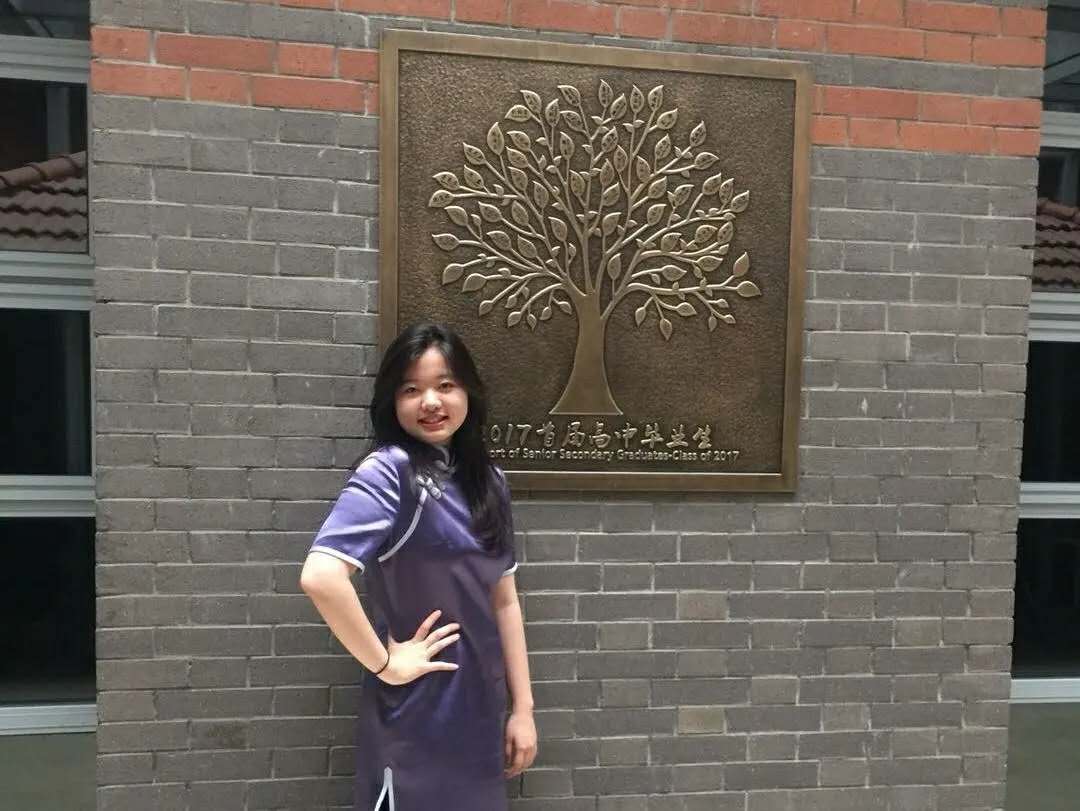
In her spare time at Reed, Victoria is also very busy. She spends her time volunteering at three different schools – elementary, middle, and high –
as she is keen understand every step of the student journey. She explains how, as a Pao School student, she was extremely privileged to not
only have access to great education but the opportunity to understand more than just her native culture. She hopes to deepen this understanding
by engaging with the local community and learning more about the different challenges people face.
She explained how, during her time volunteering at an elementary school, she became close to a student who – according to the teachers at the school –
had behavioural control issues. However, Victoria soon found that it wasn’t simply a behavioural issue, but that the student was struggling with the schoolwork,
“She was in fourth grade, but she could only understand second grade math or second grade reading. It wasn’t her problem – she had a really stressful family
background.” She says, explaining that such experiences have helped her gain a more nuanced understanding of ways to help young people.
Like Pao School, both Pitzer and Reed have a strong, close-knit community.
This summer, the strength of this community at Reed College became apparent, with Victoria saying that when the US was struck
by the coronavirus the professors immediately offered personal assistance and somewhere to go if they had problems. Victoria also
explains that she is close to professors during happier times. For example, she often visits her anthropology professor for snacks
and a chat, “We talk about things, not just academics, but how things are going, our life, how we are experiencing the world...”
Both Victoria and Peter experienced a close-knit academic environment at Pao School. Even today, these bonds are bearing fruit,
with Peter explaining how during quarantine he has been using the time to cook traditional Italian meals originally taught to him
by a teacher at Pao School.
Victoria also has a tangible legacy from her time at Pao School… that lives on at Songjiang campus. In Year Seven, her art class
was tasked with building a tree house for the campus, for which the students spent a year designing in class, “In the end one of
my ideas was involved in building it. It was nice to see something that is still so visible there.”

Victoria volunteering at a school in Yunan during her Pao School 'Week without walls'.
Chinese heart, international understanding
Studying abroad is for the brave. Students are deciding to leave their comfort zone to embrace a new way of life and a new way of thinking.
According to a 2019 study, one of the biggest forces causing Chinese student to drop-out of college is due to issues adapting to the US.
However, both Victoria and Peter say that Pao School students are uniquely well-prepared to weather these challenges.
Victoria explains that due to the multicultural environment at Pao School, she was used to communicating with teachers from across the world.
She was also used to international teaching methods and study techniques, so was well prepared for academic life abroad. “A lot of people ask me
if there was a transition issue, going from Pao School to Reed, and I feel like academically there was never something that I struggled with.” Says Victoria.
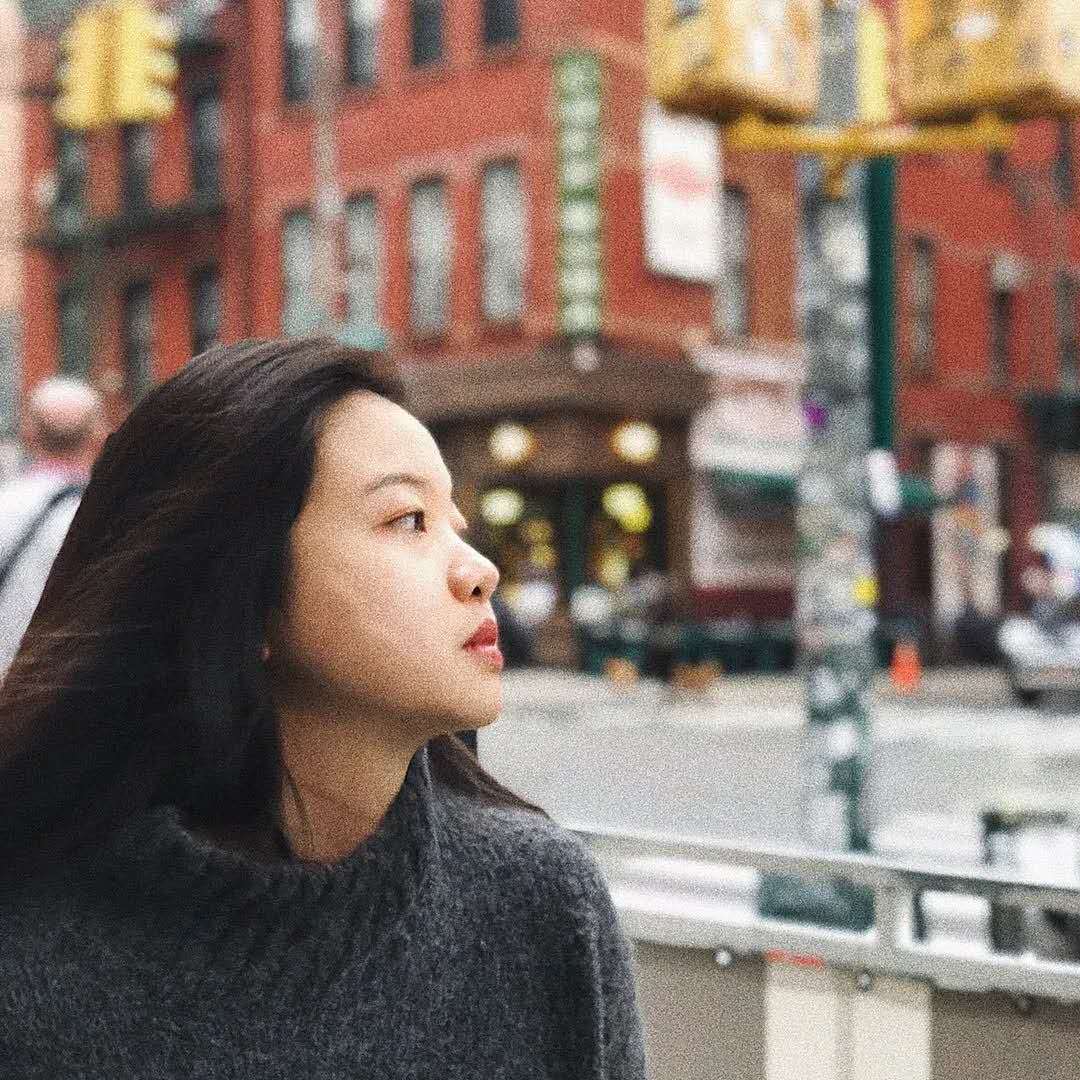
However, the transition to study overseas isn’t always easy, not even for a Pao Graduate. Though she struggled with English when she first came
to Pao School, Victoria notes that nowadays sometimes people sometimes assume she is a native speaker. This creates its own unique problem.
She explains that though she speaks English very, it still her some time to grasp the more subtle communication or cultural references.
Peter also feels that his Pao School education has given him a very strong foundation for learning overseas, saying that he still remembers a lot of
what he was taught and is even able to apply this knowledge today. He described how he feels compared to Chinese’s students who attended
other schools, “It’s so, so different.” He explains that Pao School students are more similar to Chinese-Americans, both linguistically, in cultural
understanding and with their familiarity to foreign teaching methods, continuing, “YK Pao students are well adjusted to US college life,
except that we often have a strong connection to Chinese culture.”